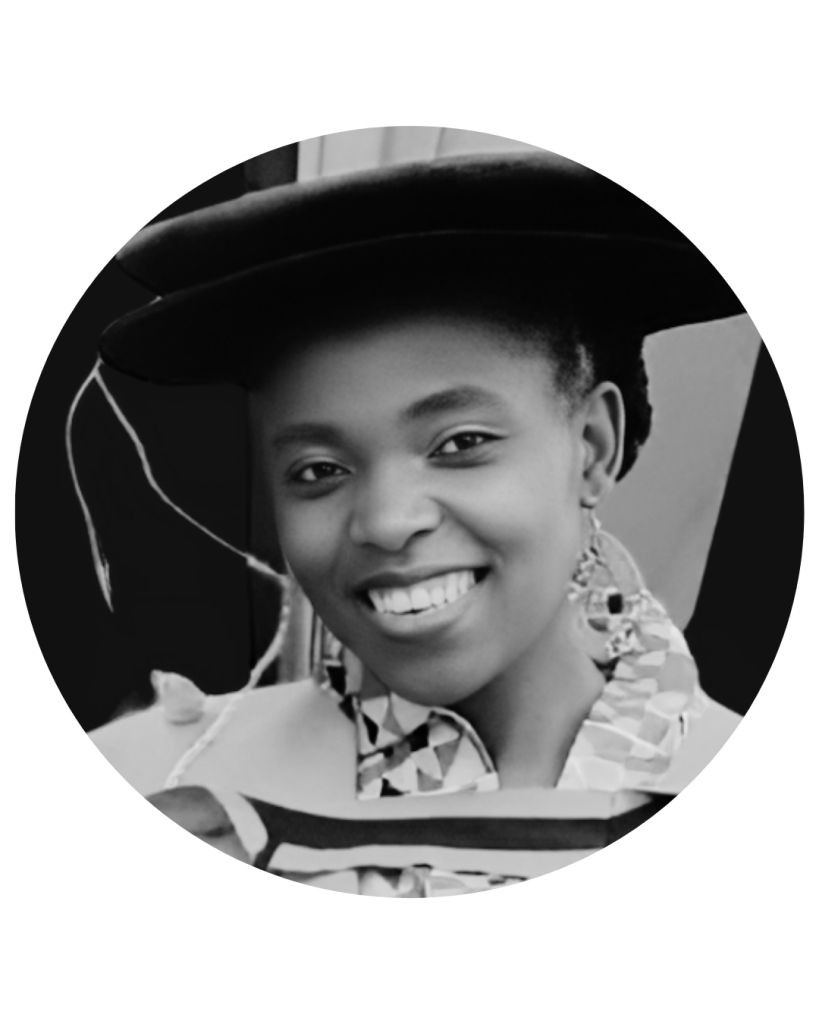Dr Nompumelelo Baso
Strengthening Freshwater Food Webs for Climate Resilience and Invasive Species Management in Sub-Saharan Africa
Invasive species. Climate change. On their own, each poses a serious threat to Africa’s freshwater ecosystems. Together, they could be disastrous.
Dr Nompumelelo Catherine Baso is, however, one of the players working hard to ensure that that doesn’t happen. A freshwater ecologist and data scientist, her research explores how these twin pressures are disrupting the complex food webs in Africa’s rivers, lakes, and dams, and what can be done to restore balance before it’s too late.
“Freshwater ecosystems are under siege,” Baso says. “We need to understand how these pressures interact, and then act fast with the right tools to prevent collapse.”
Her research focuses on how invasive aquatic plants and animals combine with the warming, drying, and flooding effects of climate change to unpick trophic cascades (the delicate and layered chains of ‘who eats who’). By mapping these shifts and modelling future scenarios, she is working to identify which freshwater systems are most vulnerable, and where targeted interventions, like biological control, can help to restore stability.
This is science with very real-world stakes. “These systems provide drinking water, food, and livelihoods,” says Baso. “When they collapse, it’s not just nature that suffers – people do too.”
Her conviction is backed by experience. During her PhD, which saw her travelling between South Africa and New Zealand, she studied the rampant spread of Lagarosiphon major, an aquatic weed that grows slowly in its native African habitat but chokes waterways in foreign settings, including New Zealand. “We had to use two people to haul our sampling gear out of the water in New Zealand,” she recalls. The key difference? The presence or absence of natural enemies. Her research helped to bolster a case for introducing biocontrol agents where necessary to tame the weed, showing just how effective, and valuable, nature-based solutions can be.
With the backing of her JWO grant, she is now expanding her work across several African countries. The project combines ecological fieldwork with machine learning to build a continent-wide picture of risk and resilience. Crucially, it involves local partners at every stage, from monitoring to decision-making, and seeks to help train the next generation of African conservation scientists.
Unforunately, as Baso is quick to point out, many threats presently remain under the radar. Chief among them: invasive species. “They spread slowly, often invisibly,” she says, “but they are eroding biodiversity and water security across the continent. We can’t afford to ignore them.”
Still, she’s not without hope. One recent breakthrough that has her excited is environmental DNA, or eDNA, which is a technique that uses traces of genetic material left in water or soil to detect species without physically catching them. “It’s faster, cheaper, and far less invasive. It’s transforming how we monitor biodiversity and catch invasives early.”
As a scientist, a mother, and a self-confessed R-coding addict, Baso is driven by both data and legacy. “Now that I have my own child,” she says, “I’m more determined than ever to protect the natural world they’ll grow up in.”




